University of Oxford slashes time to minutes
University of Oxford researchers perform ad-hoc analytics against large data volumes, getting answers in seconds or minutes.

About University of Oxford
The Clinical Trial Service Unit and Epidemiological Studies Unit (CTSU) is part of the Nuffield Department of Population Health at the University of Oxford in the UK. CTSU aims to generate and disseminate reliable evidence from both observational epidemiology and randomized trials which can lead researchers to practicable methods of avoiding premature death and disability.
Challenge
The legacy database infrastructure supporting the Clinical Trial Service Unit and Epidemiological Studies Unit (CTSU) in the Nuffield Department of Population Health at the University of Oxford could neither cope with the increasing volume of data nor run analytics against thousands of fields in multiple tables in a timely manner. Researchers needed a way to mine huge volumes of data quickly to find answers.
Solution
CTSU deployed the Actian Ingres enterprise-grade hybrid database for next-generation operational analytics. Actian Ingres combines the industry-leading Actian Ingres transactional database with the Actian Vector analytic database to enable record-breaking speeds when analyzing large volumes of data.
Outcome
With Actian Ingres, CTSU researchers can run ad-hoc analytic queries against large data volumes and get answers in minutes—even seconds—rather than days.
If a medication could work in seconds rather than days, most health care consumers and practitioners would see that as a win. Indeed, the longer it takes for a medication to have an effect, the longer the discomfort and suffering of the person whose wellbeing has been compromised. Reducing the time to results is an ongoing goal throughout the medical field.
It turns out that what is true for medication is also true for biomedical researchers pursuing better treatments. The faster data and information can be gathered and analyzed, the faster new discoveries that have the potential to change the quality of people’s lives can be made. But biomedical researchers at the Clinical Trial Service Unit and Epidemiological Studies Unit (CTSU) in the Nuffield Department of Population Health at the University of Oxford were feeling much like those long-suffering patients who had to wait for their medications to kick in. Researchers at CTSU deal with huge volumes of information pertaining to the causes and treatments of chronic illnesses such as cancer, heart disease, and stroke, which collectively account for most adult deaths in the developed world, in search of greater insights into links between causes and diseases as well as prevention and treatment options. But gleaning insights from the ever-increasing volume of data was becoming more and more difficult; the researchers were simply running up against the limits of an aging legacy database infrastructure. Their ad hoc analytical queries could be complicated, to be sure, but the wait for a response could stretch into multiple days of waiting.
CTSU researchers needed a faster, more cost-effective way to identify, manipulate, and extract the exact data they needed from the great pool of data they had accumulated, and gain insights from that data far faster than the legacy infrastructure could accommodate. The solution? The Actian Ingres hybrid database for next-generation operational analytics.
Solution
The Actian Ingres enterprise-grade hybrid database for next-generation operational analytics combines the industry-leading Actian Ingres transactional database with the Actian Vector analytic database to enable record-breaking analytics on large volumes of data. Actian Ingres also bundles world-class integration and enterprise monitoring features as well as greater ease of administration than competitive products, all of which enable CTSU IT personnel to support the solution, even with the large volumes of data involved, with minimal engagement.
“We need IT solutions that can support our research and data requirements over long periods of time,” says Martin Bowes, a database administrator at CTSU. “Some studies can last five, ten, even thirty years and involve vast numbers of people. In the case of the Biobank project, more than 500,000 people had volunteered information about themselves, and we knew that managing and analyzing that volume of data was going to be a problem.”
CTSU had been using Actian Ingres to support other operations within the University for years, so Bowes was already familiar with Actian. When he attended a data conference and saw a first-hand demonstration of the high-speed vector processing analytic capabilities in Actian Ingres, a lightbulb lit up. “Actian Ingres represents an evolutionary concept, which I like. There is no steep learning curve involved with the database, there is no magic that has to be learned, and you don’t need lots of hardware to benefit from its performance. Actian Ingres would enable us to improve our analytics capabilities enormously and deliver a much stronger service to our user that would enable them to extend the scope of their research dramatically.”
Benefits
As soon as Actian Ingres was in place, CTSU researchers loaded their data—and were analyzing it within hours.
“The first thing we noticed was the speed at which you could do aggregations, pivot the data the way it needed to be, and sum the columns,” says Bowes. “With Actian Ingres we could do all that within a few minutes. It was simply astounding to see such an improvement in agility and performance. The turnaround for analytical queries is simply amazing. Instead of taking days to satisfy a user’s very complex queries, Actian Ingres returns results in just minutes. Information can get out to users who need it to run their discovery projects very quickly.”
Nor is Bowes alone in feeling a sense of wonder about the difference Actian Ingres has enabled at CTSU. “The performance of Actian Ingres makes it possible to run queries that were previously impossible,” says Geraint Jones, another database administrator at CTSU. “We’ve gone from being used to seeing queries hang or take an age to run, to complete disbelief in seeing just how fast Actian Ingres handles them and returns results. Simply jaw-dropping.”
Not surprisingly, as CTSU researchers grew more accustomed to the rapid turnaround times, they grew more demanding. “People have come to expect fast response times,” notes Bowes, “but Actian Ingres enables us to deliver.” Moreover, because Actian Ingres is designed to run on commodity hardware that can scale at a cost-efficient rate, Bowes expects that the Actian solution will have no trouble continuing to support CTSU for the foreseeable future. “We know we will continue to meet our users’ needs with Actian Ingres. As computing moves on and as hardware performance increases, the more benefit our users will see. It is fair to say that we are future-proofed with Actian Ingres.”
Supporting Transaction-Based Processing with Actian Ingres
Prior to deploying Actian Ingres, CTSU had been using Actian Ingres for its day-to-day transactional processing needs. Because Actian Ingres combines the functionality of the Actian Ingres and Actian Vector technologies, CTSU can now use Actian Ingres to support both its analytical and transaction processing requirements. From the perspective of systems administration and management, the addition of the vector processing capabilities of Actian Ingres to existing routines for managing transaction processing technologies of Actian Ingres required minimal training and added very little management overhead. Training and support for Actian Ingres at CTSU continues to be delivered by Actian.
“Actian Ingres not only contains good technologies, it’s also backed up by world-class support as well as a great QA department,” says Jones. “The support that Actian provides CTSU from a maintenance perspective has been phenomenal, and as we see new features and functionality come into the products, Actian’s support teams are ready to solve potential problems before we get there.”
Preparing for the Next Great Breakthrough
In a world where researchers are looking for the next big discovery, CTSU is safeguarded for the future with Actian Ingres. Not only can the organization meet the demands of its users today, it will continue to do so in the future. “Actian Ingres is fast, and it works,” says Bowes. “The analytic database does what it promises to do. If you were to ask me what the advantages are if folks can access and analyze information faster, I would have to say that with Actian Ingres, the opportunities are endless. In fact, it’s great to know that Actian Ingres will help our users get that great epiphany moment when the next big medical discovery is made.”







